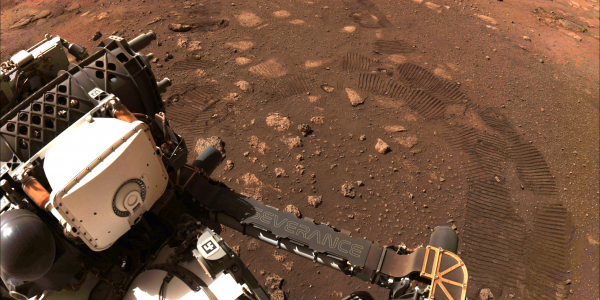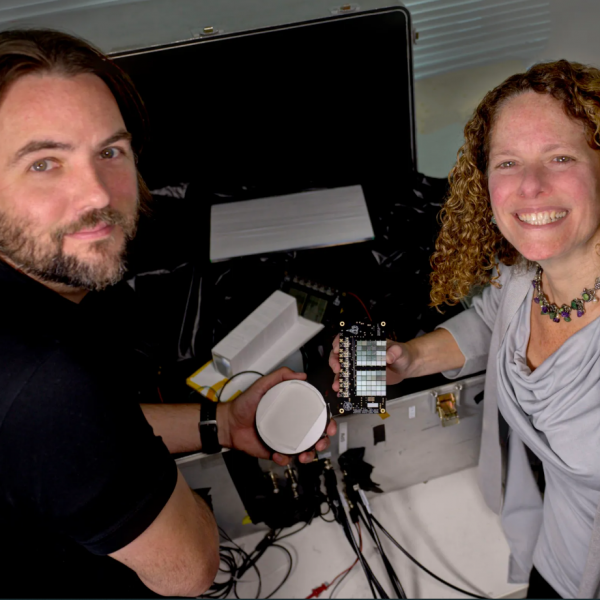NASA does difficult, inspiring and ambitious things — and it does them, in the immortal words of President Kennedy, because they are hard. NASA’s most ambitious planetary project yet is Mars Sample Return, a partnership with the European Space Agency to robotically collect and bring back to Earth scientifically invaluable rocks from Mars for study in labs here. But the mission is in trouble.
Mars Sample Return represents the culmination of decades of planning by the planetary science community, and it has been the top-ranked scientific priority of the last two Decadal Surveys of the National Academies of Sciences, Engineering, and Medicine. The surveys are exhaustive reports written by dozens of scientists over many months, designed to help NASA chart its agenda in 10-year increments.
There are compelling reasons to bring samples back from Mars.
Paul Byrne is an associate professor of earth, environmental and planetary science and a fellow of the McDonnell Center for the Space Sciences at Washington University in St. Louis. Vicky Hamilton is an institute scientist at Southwest Research Institute in Boulder, Colo. Both have dealings with NASA but are not directly employed by the agency. They wrote an op-ed for the Los Angeles Times which is behind a paywall, but still may be accessible.





